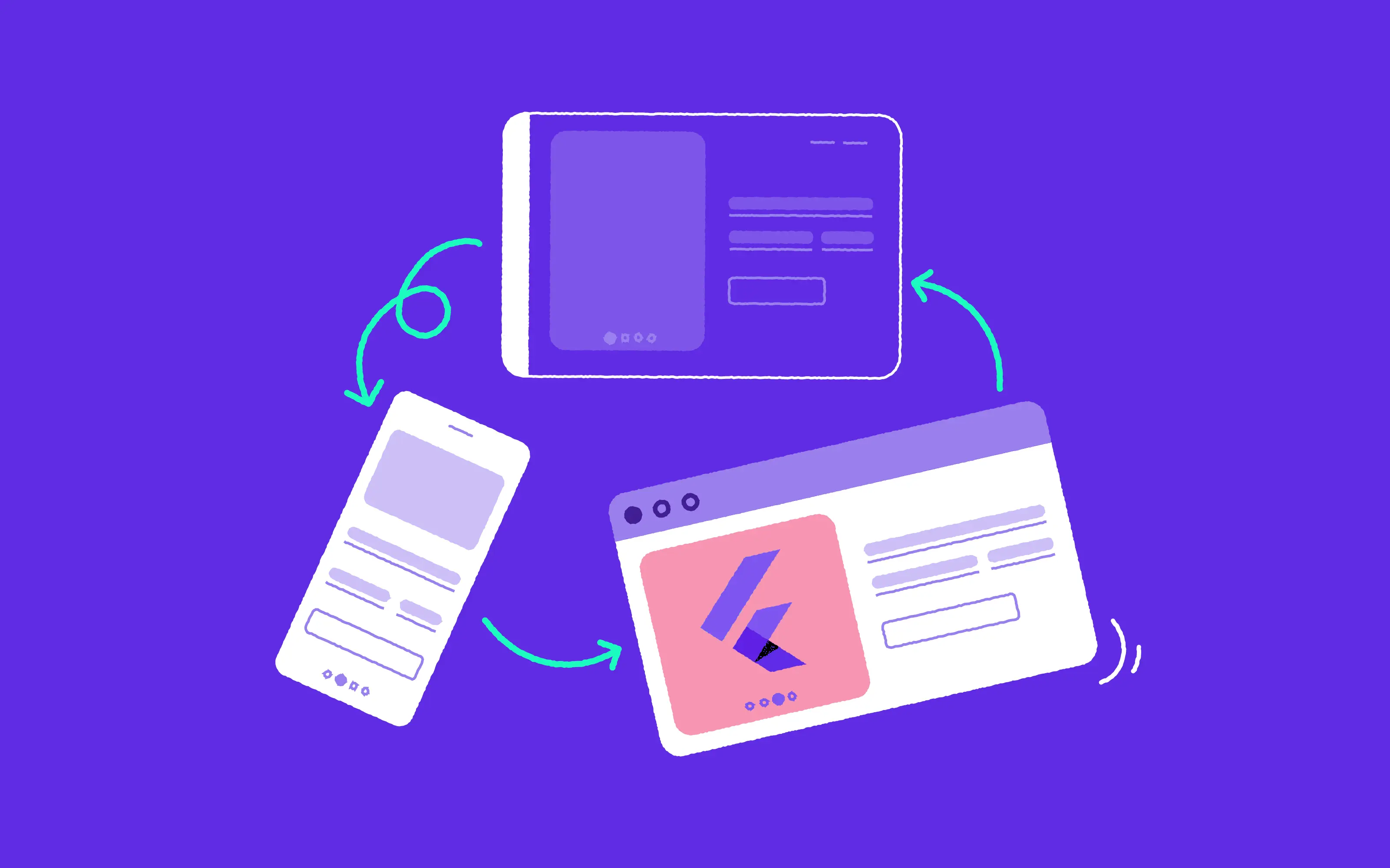Looking to build an app in React Native? Here's what you should know.
25.05.2020 | 5 min read

At 10Clouds, we’ve worked using React Native for several years and have used it for projects ranging vastly in scope and size. They include both large-scale apps used by hundreds of thousands of users, and small products serving solopreneurs with a handful of clients. One of the best things about this framework is that it is constantly evolving to meet business needs and there is a huge range of digital products out there which use React Native. So what can we learn from them about its application?
Facebook Mobile app and Facebook Ads
Before Facebook released React Native into the world, the company devoted some time to its real-life application. The marketplace feature, Facebook Groups, and Facebook Ads are built using this framework.

Rumour has it that the first experiment was for the migration of the events dashboard feature for Facebook for iOS. The dashboard was optimized on the native platform and covered a range of interactive elements, but these were further improved with React Native. One of the major benefits was a reduced loading time. In addition, the description for events in the React Native application are generated on a server, which reduced data processing operations.
Facebook Ads were the first React Native App for Android and also the first to be built on a cross-platform development framework of React Native. The framework was useful in supporting a range of advanced features associated with placing ads, including currency operations, geolocation tracking, scheduling, and more.
Biggest takeaway? If you’re looking at functionality and easier transitions between features, React Native is well suited to this. Facebook Marketplace generates vast amounts of traffic to the site, which, supported by reduced loading times and advanced features, has led to a great user experience.
Skype (and other Microsoft Products)
One of the first video conferencing platforms, Skype has come into its own again during the COVID-19 pandemic. Its app is built entirely on React Native. Skype is owned by Microsoft, which has its own cross-platform development framework based on C# – Xamarin. Nevertheless, the company selected React Native for video conferencing. It is now not only one of the best examples of a React Native app, but even has a dedicated set of developer tools called ReactXP.

Biggest takeaway? Microsoft has shown how React Native can be put to good use not only in mobile apps but also their desktop equivalents, particularly those that run on Windows – so this is something to consider if you’re planning the creation of both simultaneously.
Walmart
Walmart remains one of the largest online retailers in the States, and as such is always focussed on retaining its competitive advantage. A few years ago, the company introduced Node.js into their stack, and more recently shifted their mobile hybrid application into React Native. The major benefit here was improved app performance and less of a need for human resources.

Biggest takeaway? If you’re an ecommerce platform, looking to improve your user experience, page loading times are vitally important. React Native enables apps to run faster. Walmart developers found that the graphical performance, RAM usage, and CPU were comparable to or better than their previous hybrid solution. You can read more detailed about their experience in their blog post on Medium.
UberEats
Admittedly, React Native is only used for a small part of this app, but it significantly contributes to the user experience. The app needed to have a dashboard for restaurants with which included functions such as sound and push notifications. Since the team had previous experience with React, building the app using React Native was a natural solution and proved to be a success.

Biggest takeaway? (No pun intended here) – If you already have a team skilled in React, using React Native for a new element of your app is a cost-effective solution.
Moving an existing app into new technology is a bold move, but one which Instagram decided to take on. It integrated React Native into its existing native platform, beginning with the Push Notifications view. The Instagram UI is already quite simple, which meant that adopting a new technology was comparatively easy. The major benefit of course was easy maintenance for both Android and iOS platforms.

Biggest takeaway? React Native enables implementation in a step-by-step, brownfield approach. You might find it worthwhile using it for one feature of your product first, before developing a broader plan for its use, having got to grips with its functionality.
Bloomberg
The Bloomberg app provides global business and finance news to a huge range of financial institutions and investors across the glove. Before the team at Bloomberg adopted React Native for their mobile app development, they spent considerable time updating the iOS and Android apps separately.
“The consumer mobile app was a huge endeavor because we had to transition the entire team to React Native,”
– says Gabriel Lew, a senior software engineer at Bloomberg who led the development team’s effort. In comparison, the React Native platform’s unified development capabilities and resulted in a seamless process, allowing each developer to focus on one feature at a time.
Biggest takeaway? React Native promotes the creation of more agile cross-functional teams. As every team member is skilled in it, there is no fixed division of labour as with Android and iOS development. This simplifies release cycles and allows managers to focus on bigger things then coordinating different platform teams.
Conclusion
Now you know the main benefits of React Native, which can help you to leverage your app and to stand out from the competition. If you’d like to take a look at other technologies, you might also be interested in the below blog posts:
6 reasons why you should try Flutter as an iOS developer
How we saved a lot of time in developing a website and app for KeyForge
Looking to build your own platform using React Native? Why not speak to our developers to get more insight into the technologies that we use and how we can make your product shine? Contact us on hello@10clouds.com and we’ll get back to you promptly.



